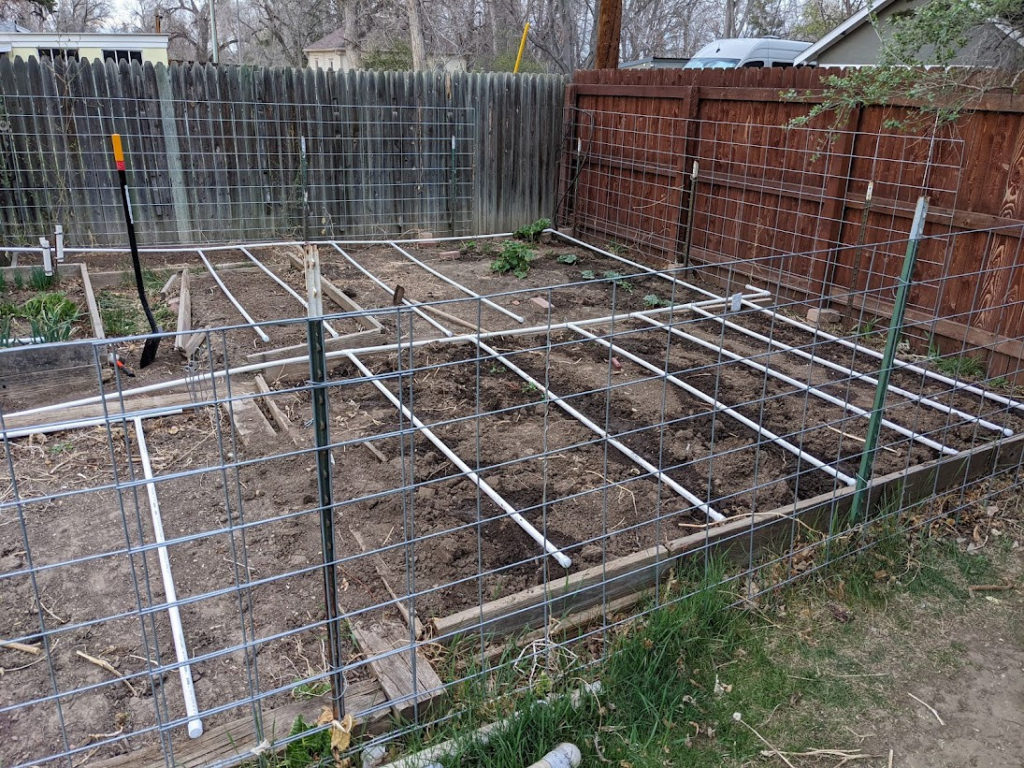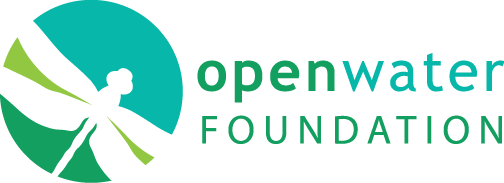This my first blog post for the Open Water Foundation. I must admit that I am not a user of social media, but it is on my list to learn and do more (within reason). I view blogs as a deeper dive and I vow to put enough thought into posts so that they have some value beyond just my opinion. I hope that I can pass on some useful knowledge before I retire in a few years.
I have opinions about many things, but this is not a place for my personal or political venting. Instead, I will post about topics related to water and the work done by OWF. Blog posts that come after this first post will include visualizations and links to online resources. However, for this post I will quickly provide an introduction to OWF.
OWF focuses on developing open source software and open data solutions to make better decisions about water. We improve access to data and information and increase transparency on complex water issues. Water is a public resource and we believe that the data and tools related to water should also often be a public resource so that decisions are well-informed and transparent. Where we can, we add value and context to public datasets and provide insight.
Our goal is to strengthen communities by helping to ensure sustainable water resources for multiple uses, including municipal, agricultural, industrial, recreational, and environmental uses. The definition of community varies and may consist of a geographic community such as a city or river basin, sector-based communities such as agriculture, or a cross-jurisdictional regional community with diverse challenges and opportunities.
The nexus of software technologies and water resources is common to most of the work we do. We may not take the lead on a water project, but the data, information, and tools that we provide can make such projects more effective, efficient, and sustainable. Many organizations also struggle with technology solutions and open source tools often allow a solution to be tried without a major up-front investment. OWF has particular strengths with tools that automate workflows for time series and spatial data, which allows small teams to tackle complex problems. Our business model is open innovation, and much of our work is published as open source software projects and open data. There are many wicked water problems and we need to collaborate to make progress on issues such as climate change, drought, water supply, and natural disasters.
OWF requires funding to do its work. We do compete for projects but we also pursue grants and accept donations. A diversified funding approach is necessary to leverage various sources and maximize return on investment. Funding provided to OWF is well spent because the result benefits the public and can be applied in other areas after the initial investment.
Finally, to provide a bit of personal perspective, below is an image of our home garden in Fort Collins, CO, with a new drip irrigation system for 2022. We hope to be able to reuse the configurable pipe system every year. I will periodically report on the progress of the garden and hopefully can present some data for water use. I’m really looking forward to the expanded rhubarb patch.

